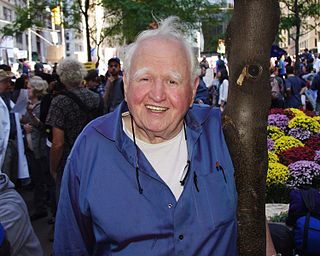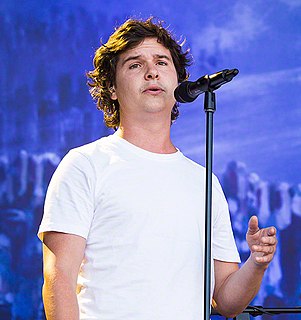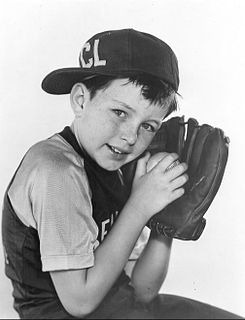A Quote by Melissa Febos
My father was raised by a violent alcoholic. There was alcoholism in my mother's family. I'm half-adopted, and my birth father was a drug addict and alcoholic. So, I think they very consciously made decisions and parented me in a way that was aimed to help save me from that. So, I knew it would be particularly painful and it was, especially for my father.
Related Quotes
'Master Harold' is about me as a little boy, and my father, who was an alcoholic. There's a thread running down the Fugard line of alcoholism. Thankfully I haven't passed it on to my child, a wonderful daughter who's stone-cold sober. But I had the tendency from my father, just as he had had it from his father.
I'm the son of a pastor and evangelist and I've described many times how my father, when I was a child, was an alcoholic. He was not a Christian. And my father left my mother and left me when I was just three years old. And someone invited him to Clay Road Baptist Church. And he gave his heart to Jesus and it turned him around. And he got on a plane and he flew back to my mother and me.
I think the addiction stuff, because I was already sort of outed in my family as a sexual person: as a sexually-adventurous and sexually-conflicted person and sexually-driven person. They already knew that about me. They knew that about me when I was eleven. My parents very consciously tried to provide an environment that would protect me from becoming a drug addict.
I mean, her father was an alcoholic, and her mother was the suffering wife of a man who she could never predict what he would do, where he would be, who he would be. And it's sort of interesting because Eleanor Roosevelt never writes about her mother's agony. She only writes about her father's agony. But her whole life is dedicated to making it better for people in the kind of need and pain and anguish that her mother was in.
Well, the reality of her father was that he was a very diseased alcoholic, who died at the age of 34. And one always has to pause to wonder how much you have to drink to die at 34. And he was a really tragic father. I mean, he was absolutely unreliable. He was absolutely involved with various people. He had outside families, outside children, outside wives. He made his wife's life miserable. And she [Eleanor Roosevelt]ignored all of his faults and retained this sense of him as the perfect father.
I learned respect for womanhood from my father's tender caring for my mother, my sister, and his sisters. Father was the first to arise from dinner to clear the table. My sister and I would wash and dry the dishes each night at Father's request. If we were not there, Father and Mother would clean the kitchen together.
Don't tell me about worth," Nita said. "My father commands fleets." "The wealthy measure everything with the weight of their money." Tool leaned close. "Sadna once risked herself and the rest of her crew to help me escape from an oil fire... Your father commands fleets. And thousands of half-men, I am sure. But would he risk himself to save a single one?































